- Businesses or individuals will utilize the Invest307 hub to access the Wyoming Invests Now (WIN) platform.
- The Secretary of State (SOS) paperwork and Support Network are also available to entrepreneurs upon sign up.
- Entrepreneurs structure their campaign with a specific timeline and funding goal.
- Entrepreneurs also market their campaign unique to their business, leveraging their networks for support.
- Accredited Investors are investors with annual income exceeding $200,000 ($300,000 joint)
- Non-accredited Investors are investors making less than $200,000 ($300,000 joint) per year
- Invest307 is for BOTH types of investors
Investors interested in a campaign will review the business documents, reach out to the listed contact, and ultimately perform the crowdfunding purchase on the entrepreneur’s site.
Invest307 is a marketplace not a financial middleman. Companies are required to set up business bank accounts prior to listing, and should list how to pay.
Equity crowdfunding is when a company raises funds from a large number of investors in exchange for equity in that company. For the individual investor, this means that when they invest they become shareholders in the company.
With rewards, donation and debt based crowdfunding, when you pledge funds you do not own any part of that project or company.
Like all crowdfunding and investing, there are inherent risks associated. Some of the risks include:
Loss of Capital: If a business fails, you will not get any of your money back. If the business does poorly, you may get back less than your initial investment.
Illiquidity: Even if a business succeeds, investors are unlikely to be able to sell shares or receive dividends for a number of years. Only once the business is bought or publicly listed will the investor be able to sell their shares.
Dilution: Early stage companies may issue more shares in return for capital, diluting the percentage of equity held by earlier investors.


